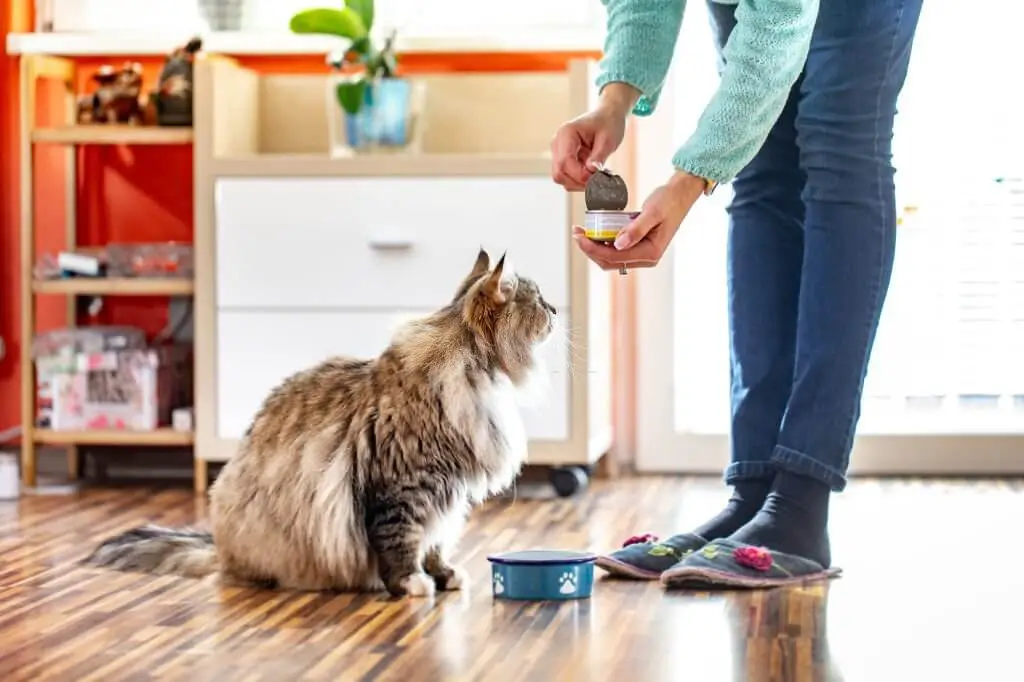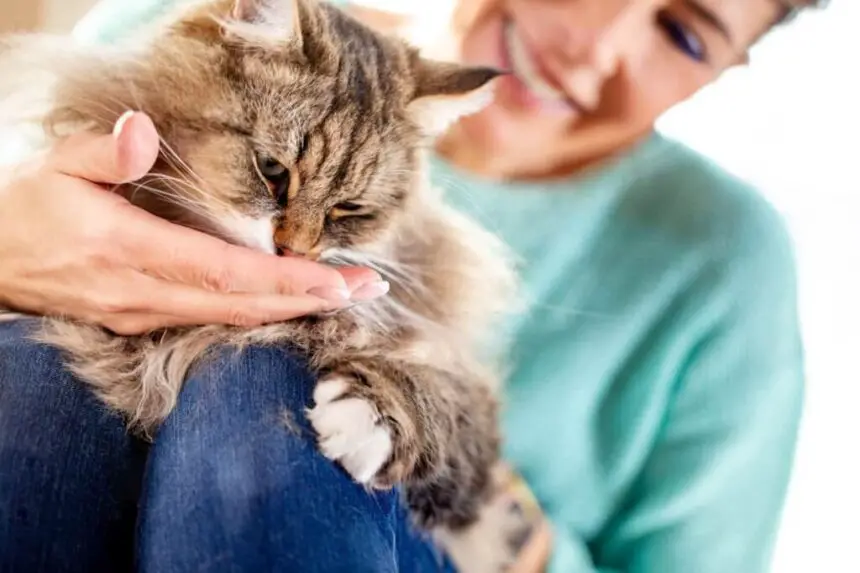Siberian cats are a large, muscular breed of cat that originated in Russia. They are known for their thick, long fur and playful, affectionate personalities. As with any cat, proper nutrition is essential for a Siberian cat’s health and well-being. In this article, we will explore what Siberian cats eat and provide tips for feeding your Siberian cat a healthy and balanced diet.
The Basics of a Siberian Cat’s Diet
Like all cats, Siberian cats are obligate carnivores, which means that their diet must consist of animal-based protein to meet their nutritional needs. In the wild, cats hunt small prey such as rodents and birds, which provide them with the protein, fat, and other nutrients they need to survive.
To replicate this natural diet in a domestic setting, most Siberian cat owners feed their cats a high-quality commercial cat food that is formulated to meet the nutritional needs of cats. These foods come in a variety of forms, including dry kibble, wet canned food, and freeze-dried or dehydrated raw food.
When choosing a commercial cat food for your Siberian cat, it is important to look for one that is high in protein and low in carbohydrates. Cats have a limited ability to digest carbohydrates, and diets that are high in carbs can lead to obesity, diabetes, and other health problems.
Protein should be the main ingredient in your cat’s diet, and it should come from high-quality sources such as meat, poultry, and fish. Avoid cat foods that contain fillers, by-products, or other low-quality ingredients.
In addition to commercial cat food, you can also feed your Siberian cat fresh or cooked meat. Many cats enjoy chicken, turkey, beef, and fish, but it is important to avoid feeding them raw or undercooked meat, which can contain harmful bacteria.
Siberian Cat Nutritional Requirements
Siberian cats, like all cats, require a diet that is high in protein, moderate in fat, and low in carbohydrates. The exact nutritional requirements of your cat will depend on several factors, including their age, weight, activity level, and overall health.
According to the National Research Council, adult cats require a minimum of 26% protein in their diet on a dry matter basis. However, many experts recommend that cats consume a diet that is even higher in protein, with some suggesting that cats require as much as 50% of their daily calories from protein.
Fat is also an important nutrient for cats, as it provides them with energy and helps to support healthy skin and coat. Adult cats should consume a diet that is between 9% and 26% fat on a dry matter basis.
Finally, cats require very few carbohydrates in their diet. In fact, some experts suggest that cats should consume no more than 10% of their calories from carbohydrates. Carbohydrates provide cats with energy, but they are not an essential nutrient for them.
Feeding Your Siberian Cat a Healthy Diet
Feeding your Siberian cat a healthy and balanced diet is essential for their health and well-being. Here are some tips to help you provide your cat with the nutrients they need:
Choose a high-quality commercial cat food that is formulated to meet the nutritional needs of cats. Look for a food that is high in protein, low in carbohydrates, and free from fillers and by-products.

Consider feeding your cat a raw or homemade diet. This can be a great way to provide your cat with fresh, high-quality ingredients, but it is important to work with a veterinarian or a pet nutritionist to ensure that your cat is getting all the nutrients they need.
Avoid overfeeding your cat. Obesity is a common problem in cats, and it can lead to a variety of health problems, including diabetes, joint problems, and heart disease. Follow the feeding guidelines on your cat food packaging, and be mindful of your cat’s activity level and overall health when determining how much to feed them.
Provide your cat with plenty of fresh, clean water. Cats need access to water at all times, and some cats prefer running water from a fountain or faucet. Make sure your cat’s water bowl is cleaned and refilled daily.
Consider feeding your cat smaller, more frequent meals throughout the day. This can help to prevent overeating and aid in digestion.
Monitor your cat’s weight and body condition regularly. If you notice that your cat is gaining or losing weight, or if their body condition is changing, it may be time to adjust their diet or consult with your veterinarian.
Common Dietary Issues in Siberian Cats
While Siberian cats are generally healthy and robust, they can be prone to certain dietary issues. Here are some common issues to be aware of:
Food allergies and sensitivities
Some Siberian cats may develop allergies or sensitivities to certain ingredients in their food. Common allergens in cat food include chicken, beef, dairy, and grains.
Obesity
As mentioned earlier, obesity is a common problem in cats and can lead to a variety of health problems.
Urinary tract issues
Some cats, including Siberian cats, may be prone to urinary tract issues, such as urinary crystals or stones. Feeding a diet that is high in water content and low in minerals can help to prevent these issues.
Digestive issues
Some cats may experience digestive issues, such as diarrhea or constipation, due to their diet. Feeding a high-quality, easily digestible diet can help to prevent these issues.
Conclusion
Feeding your Siberian cat a healthy and balanced diet is essential for their health and well-being. As obligate carnivores, cats require a diet that is high in protein and low in carbohydrates. Choosing a high-quality commercial cat food or feeding a raw or homemade diet can help to ensure that your cat is getting all the nutrients they need.
It is also important to monitor your cat’s weight and body condition regularly and consult with your veterinarian if you notice any changes. By providing your Siberian cat with proper nutrition, you can help to ensure that they live a long and healthy life.


